Greetings Rare Ones🎉,
Are you new? Welcome to the family of Rare Ones. This is the Rare Birds Emerging Market Podcast Newsletter. Each week I send out this long form newsletter to our community of Rare Ones as I have conversations with early stage entrepreneurs, ecosystem builders and investors from across emerging markets. This long form newsletter is a deep dive into one or several themes discussed in the podcast episodes. We are now on series 8: Exploring the Puerto Rico Startup Ecosystem.
Get past analysis from the archives 👉🏾 here.
In addition, I send out the Weekly News! It is an action packed weekly curation of blockchain news and blockchain podcasts from across emerging markets featured in the Rare Birds Magazine.
🛠 A Snippet 🛠
💡 Blockchain News This Week:
📑 African Crypto Startups Will Get Venture Fund Investments
📑The Marathon: Ethiopia and Bitcoin
📑Paraguay To Discuss Bitcoin Adoption Next Month
💡 Blockchain Podcasts This Week:
📻 What Are the Prospects for a Bitcoin Standard in Africa?
📻 Aleks Svetski on Bitcoin as Sovereign Money
Get more from this week’s issue 👉🏾 here.
Lastly, 💡 My Sunday Sevens🌱 a list of seven(1-Podcast, 2-Discovery, 3-Tweet, 4-Question, 5-Map, 6-Read, 7-Infographic) things I have been exploring for the week.
Get this week’s Sunday Sevens 👉🏾 here.
🛡 Quick Recap🛡
🛢 Analysis from the Rare Birds Emerging Markets Podcast
🛢 Weekly News from the Rare Birds Magazine
🛢 My Sunday Sevens
In this week’s newsletter I go down the rabbit hole into the theme of innovation in emerging markets based on my conversation with Jahannie Torres-Rodriguez .
Let’s go through a series of Essential BIG Questions together so we can collectively understand: Frameworks for Innovation=Education+ Technology + Entrepreneurship.
“Innovation is anything, but business as usual.”1
Jahannie shared with me her passions for education, technology and entrepreneurship. Three tools, which radically transformed her life as a young girl growing up in a disadvantaged community in Puerto Rico. In emerging markets the majority of the populations tend to be young (young is defined as aged 15-29). This group of highly educated individuals suffer from massive unemployment leading to a lack of opportunities. According to the ILO in 2015 youth accounted for 40% of the world’s unemployment. Much of this segment of the population are concentrated in Africa and Asia.
👇Have a Glance (i) 👇
Source: United Nations
🌱 Essential BIG Question: How do we educate students for a future where the jobs are still unknown?
As we know most schools are dated and not equipping students with the necessary tools required to leap into the future. Built for the industrial age and alas, still teaching for that age as. As Seth Godin eloquently puts it:
"Every year, we churn out millions of workers who are trained to do 1925-style labor." 2
Must Read: Teacher Turned Entrepreneur Ana Lorena Fabrega’s Blog
Excerpt: On Why Curiosity Sparks Confusion: “When we teach kids a subject like math in isolation, it’s hard for them to see how the pieces fit together with other disciplines. This makes math seem boring and frustrating. Real learning comes from understanding the relationships and interactions across different disciplines. If we were to teach math as an exploration of relationships, with guidance toward noticing patterns, the process would be creative and highlight the utility and relevance of this discipline. Kids would still experience confusion, but in a way that sparks curiosity.”
Suggested Reading: Creating Innovators: The Making of Young People Who Will Change the World
Excerpt: “I have tried to understand what the skills of successful innovators are and why are they so important to our future. I interviewed highly innovative twentysomethings and then studied their “ecosystems”—the parental, teaching, and mentoring influences that they told me had been most important in their development. I wanted to see if I could discern patterns of parenting that contribute to the nurturing of young innovators. And what about the teachers whom these innovators identified as having been most important in their development—were there any similarities in their methods? Are there colleges or graduate programs that do an excellent job of teaching the skills of innovation, and if so, how might they be different? I also sought to learn what the mentors and employers of young innovators had to say about how these capacities are best fostered.”
🌱 Essential BIG Question: Which countries are the most innovative?
Every year a report is released by the Global Innovation Index which reveals the innovation performance of over 130 economies. They are ranked in the order of: High Income, Upper Middle Income, Lower Middle Income and Low Income. The framework for this report is based on sub-indices focussed around inputs and outputs:
Innovation Inputs:
📎 Institutions
📎 Human Capital and Research
📎 Infrastructure
📎 Market Sophistication
📎 Business Sophistication
Innovation Outputs:
📎 Knowledge & Technology Outputs
📎 Creative Outputs
👇Have a Glance (ii) 👇
Source: Visual Capitalist
Switzerland scored really well across all areas and ranked number 1. Overall, wealthy nations lead and middle-income countries consistently do well year after year. In 2014 several African countries were recognised as innovation learners. These were Gambia, Burkina Faso, Rwanda, Malawi and Mozambique. Said innovation leaders made improvements to human capital and research as well as market sophistication. Overall Sub-Saharan countries made up 50% of this category in that year. It was mentioned in the report that this region was rapidly changing with constant improvements.
👇Have a Glance (iii) 👇
Source: World Intellectual Property Organisation
Thinking Point
What is the correlation between education and innovation? Countless research reveals that higher levels of education result in more innovation in firms. Thus how is it possible to have such outcomes if educational institutions are outdated? In previous newsletters I have covered that in many emerging markets traditional career fields: engineer, doctor, barrister and the like are considered worthwhile jobs. What then happens to those who have no interest in such roles? One could argue a sense of insecurity drives a society to believe that stable, safe, jobs are the ones that protect from poverty. In countries where this isn’t a concern the younger populations are less likely to feel this pressure. We also discussed culture in previous newsletters. Where some countries may not place a high premium on degrees others do. How do we navigate this dilemma?
Some countries have accepted that a change of culture is necessary in education in order to impact innovation. In Northern Europe one such country is Denmark. Their innovation strategy includes a change in culture in the education system.
The Danish Ministry of Higher Education and Science platform reads.
People are innovative. Employees and entrepreneurs with the right competences are crucial for innovation in companies, organisations and authorities. It requires a workforce with innovative competences and where more have the ability to create and develop their own job. Employee-driven innovation is closely associated with strong Danish cultural characteristics such as flat hierarchies and good collaborative abilities as well as strengths within design and ICT. 3
It then continues to outline a list of initiatives which will foster innovation.
Now let’s turn to a different culture, country and history in Asia. Singapore with a unique history, which includes being a very poor nation when it gained its independence from Britian on 16 September 1963 and later becoming a fully sovereign and independent nation on 9 August 1965. As a country devoid of natural resource Singapore’s main investment has been in Innovation Input: Human Capital and Research. Knowledge-based innovation is the cornerstone and driver of the economy. The government has unveiled several initiatives focussed on research, innovation, and enterprise. The country’s innovation policy also includes the Home Strategy. The Home Strategy is an umbrella term encompassing:
⚙️ Home for Business
⚙️ Home for Innovation
⚙️ Home for Talent
It should be worth noting that Singapore is taking part in a joint venture to create a city in China from scratch (its third such venture, first being in Suzhou and second in Tianjin-both industrial centres).
👇Have a Watch (i) 👇
Both countries have taken different approaches to achieve similar outcomes. One commonality they share is the investment in startup hubs, with a focus on technology.
🌱 Essential BIG Question: What are the technologies shaping the future?
The future continues to be shaped by technology.
👇Have a Glance (iv) 👇
Source: Suse
”Innovators are shaping Africa’s ‘informal economy,” says Emeka Ajene, Entrepreneur, Founder and Writer.
Must Read: Afridigest
Excerpt: “A somewhat common feature of developing market economies, particularly in Latin America and sub-Saharan Africa, is informality. From street vendors to house-help to traders in open-air markets to subsistence farmers & fishermen, personal drivers, roadside barbers, small-scale manufacturers, and more, the informal economy accounts for over 70% of total employment in sub-Saharan Africa. Moreover, the sector is said to comprise ~38% of the region’s GDP, more than double the figure for OECD countries.”
Suggested Reading: Big Think-Ten Emerging Technologies Shaping Our World
Excerpt: “Biometrics allows a system to recognize users by biological markers such as their face, voice, or fingerprint. Many people already have one or several of these on their laptops and smartphones, but as the technology improves and becomes more ubiquitous, it may finally end the password paradigm.
In Latin America and the Caribbean innovations in science are abundant covering areas such as synthetic biology and nanostructures. As Jahannie mentioned Puerto Ricans in particular have faced constant economic and natural disasters which have forced the populace to become agile and adaptive resulting in life-long learners.
The ten technologies mentioned above have far greater potential and impact in emerging markets because of their ability to drive economic and social growth. Such growth has impact in crucial areas such a agriculture, health and finance.
Below are three examples from Chile, Brasil and Cameroon.
⚗️ Notco, an agro tech business from Chile that uses AI to reinvent food.
⚗️ Hand Talk, a health tech business from Brasil that translates the written or oral language to LIBRAS, the sign language of Brazil using 3D technology.
⚗️Ejara, a fintech app from Cameroon that uses blockchain technology enabling French-speaking Africa and its diasporas to access various investment offers: fractional shares, commodities and crypto.
On the topic of French-speaking Africa the World Bank predicted that by this year 62.5% of Africa’s fastest growing economies will be in this part of the continent.
Suggested Reading: World Bank Blog
Excerpt: “Across Africa, entrepreneurs are harnessing technology and creating innovative solutions to tackle some of the most critical issues facing their country—whether it is access to water and energy, health services or financing.”
Final Thoughts
Jahannie is very passionate about helping those from disadvantaged communities. She attributes her success to her teachers and university lecturers. They identified something in her and provided her with opportunities to excel. From a small community to Stanford Innovation. Her life has been defined by education, technology and entrepreneurship. The work she does today with the Puerto Rican Science, Technology & Research Trust (Puerto Rico’s innovation hub) is an extension of her beliefs that innovation drives change. I am often reminded of what Jahannie told me in our conversation, “Learn things before you need them.”
Jahannie and I covered quite a bit in this conversation:
EPISODE HIGHLIGHTS
Get to Know Jahannie: Focussed Driven
University Experience & Discovering Computer Engineering
Passions for Education, Technology & Entrepreneurship
Entrepreneurship as a Means to Make Changes
Being a University Innovation Fellow at Stanford University
The Gender Lens & Imposter Syndrome in the Engineering Field
Entrepreneurship Skills as 21st Century Skills
Language to Bridge the Gap Between STEM and Entrepreneurship Disciplines
Working with the Puerto Rico Science, Technology & Research Trust
Building Edvo Tech, an Education Startup
Examples of Innovation in Puerto Rico
Ecosystems in Emerging Markets
Puerto Ricans as Life Long Learners
Learn Things Before You Need Them
Lessons Learned
As always, thanks for reading and for more exchanges, questions and ideas message me via joann@rarebirdshq.com
Bye for now!
➖ ➖ ➖ ➖ ➖ ➖ ➖ ➖ ➖ ➖ ➖ ➖ ➖ ➖ ➖ ➖ ➖ ➖ ➖ ➖
Follow Rare Birds:
🗝 ⛓FaceBook 🗝⛓LinkedIn 🗝 ⛓Twitter 🗝⛓Instagram
Anonymous
Seth Godin
Official Danish Government Website





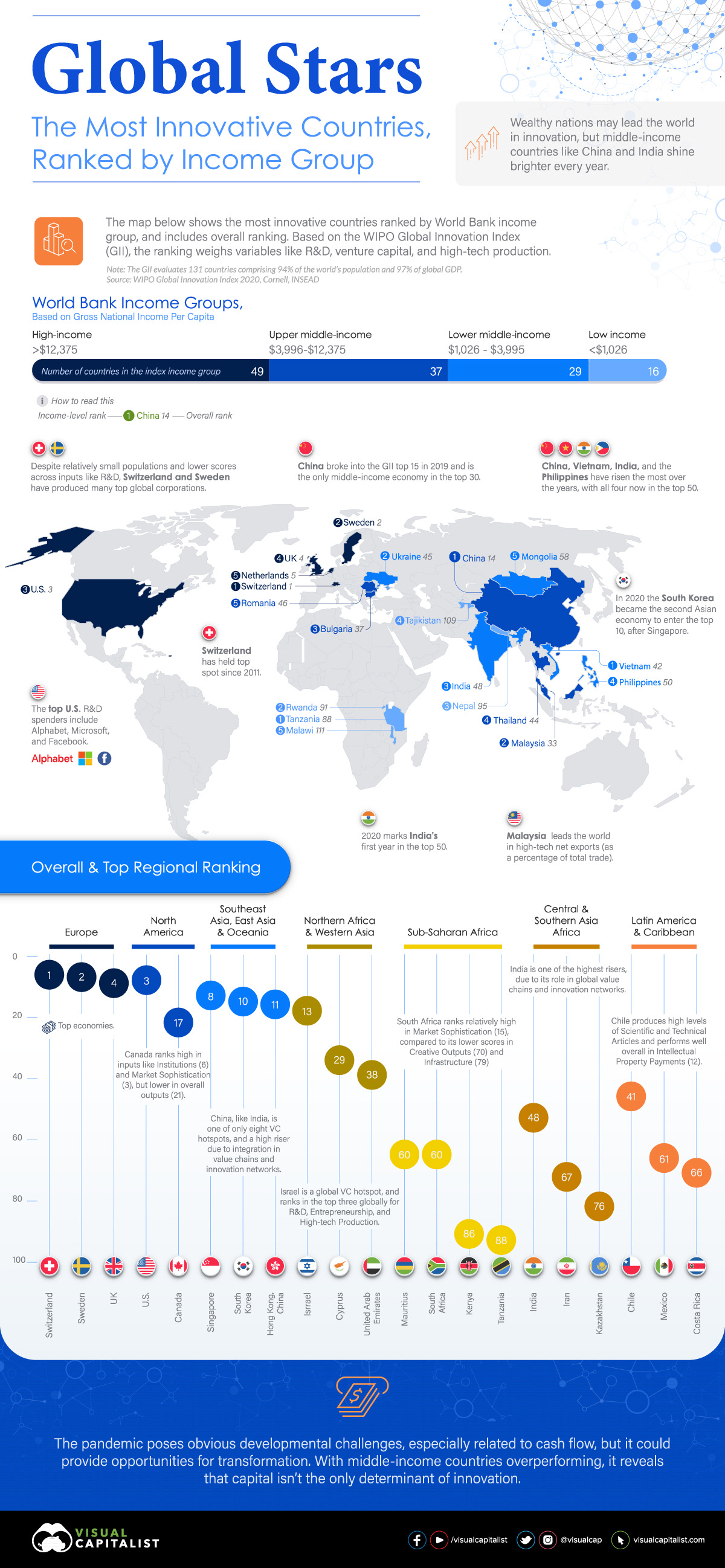
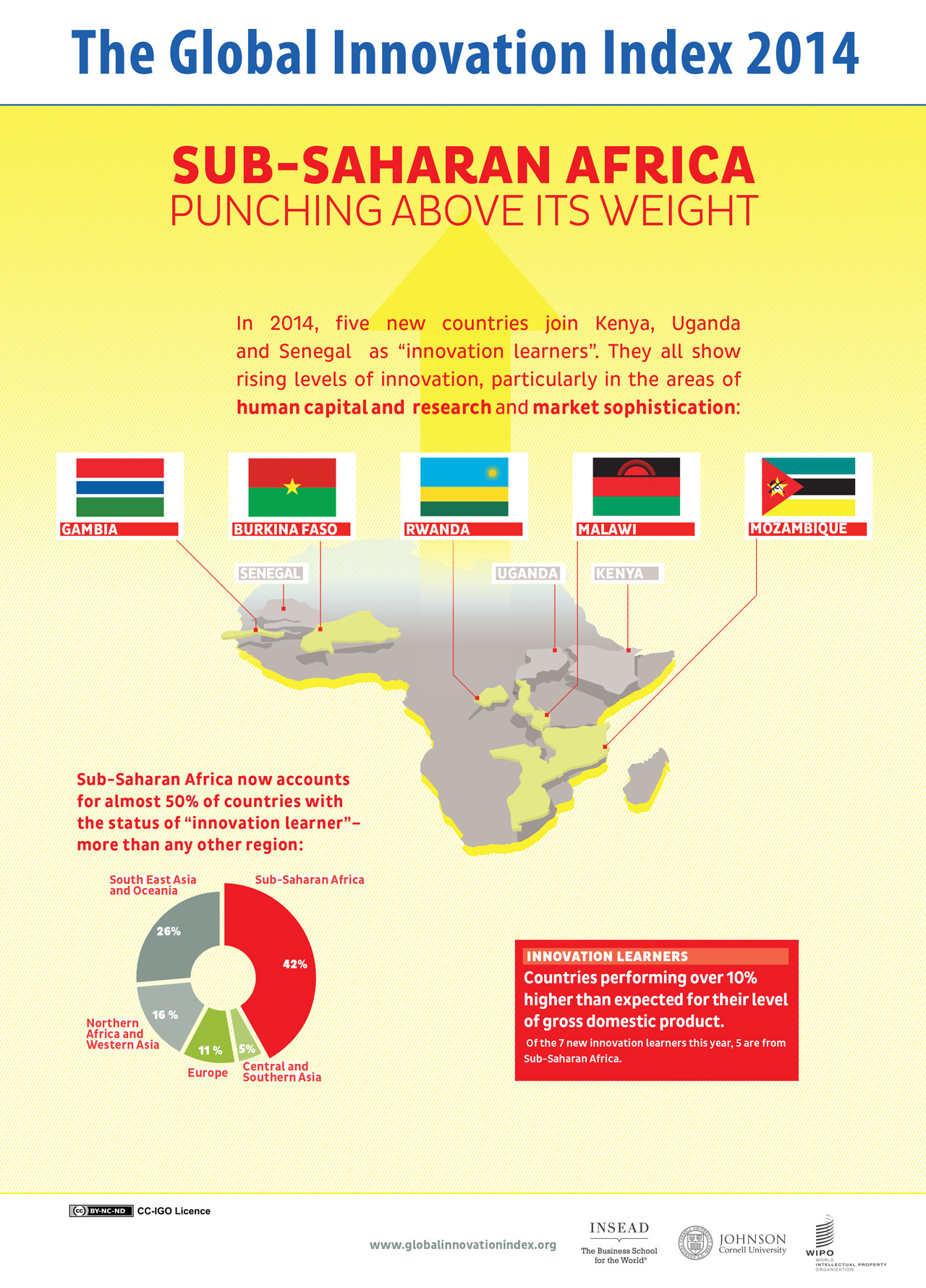




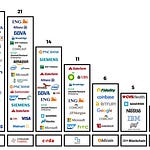
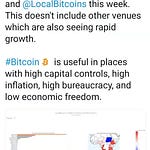
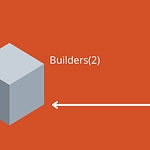
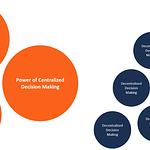

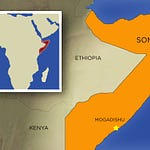
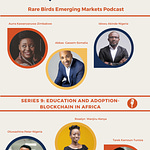
#177 The Engineer & Entrepreneur Creating Tech with Purpose. Exploring the Puerto Rico Startup Ecosystem